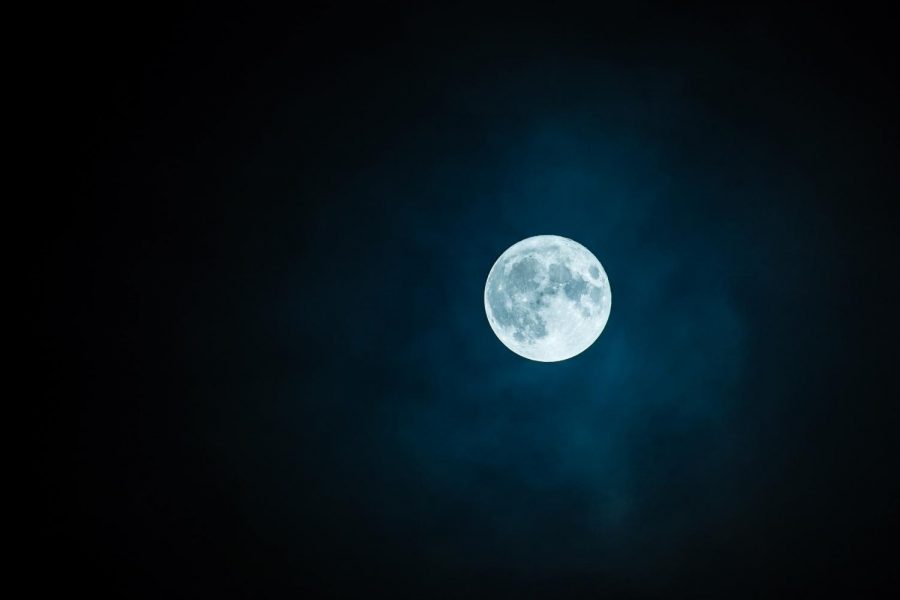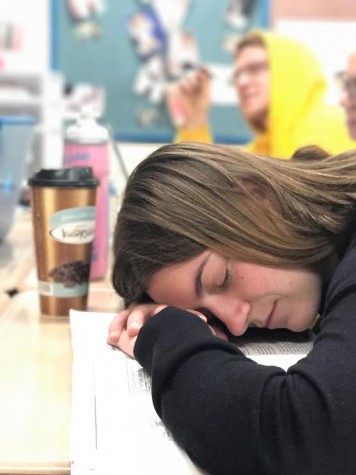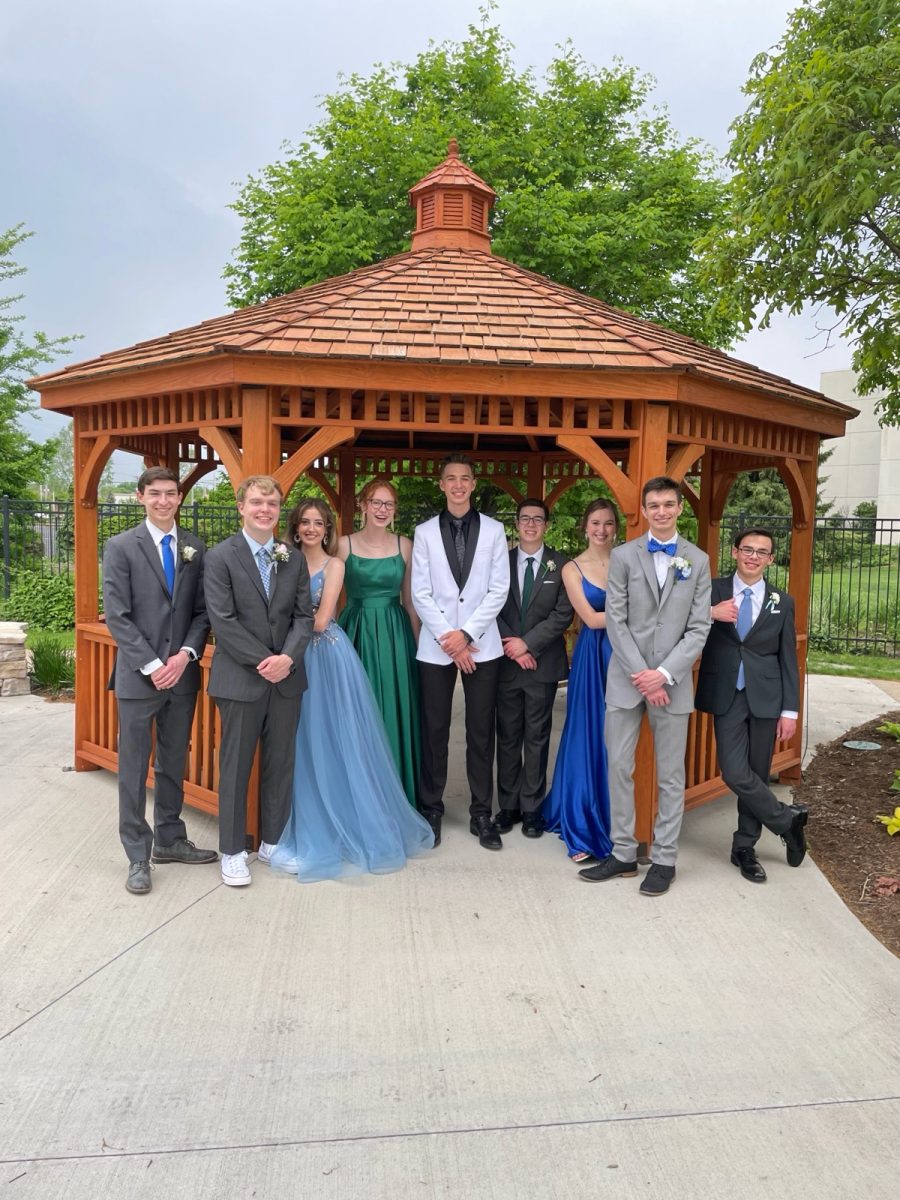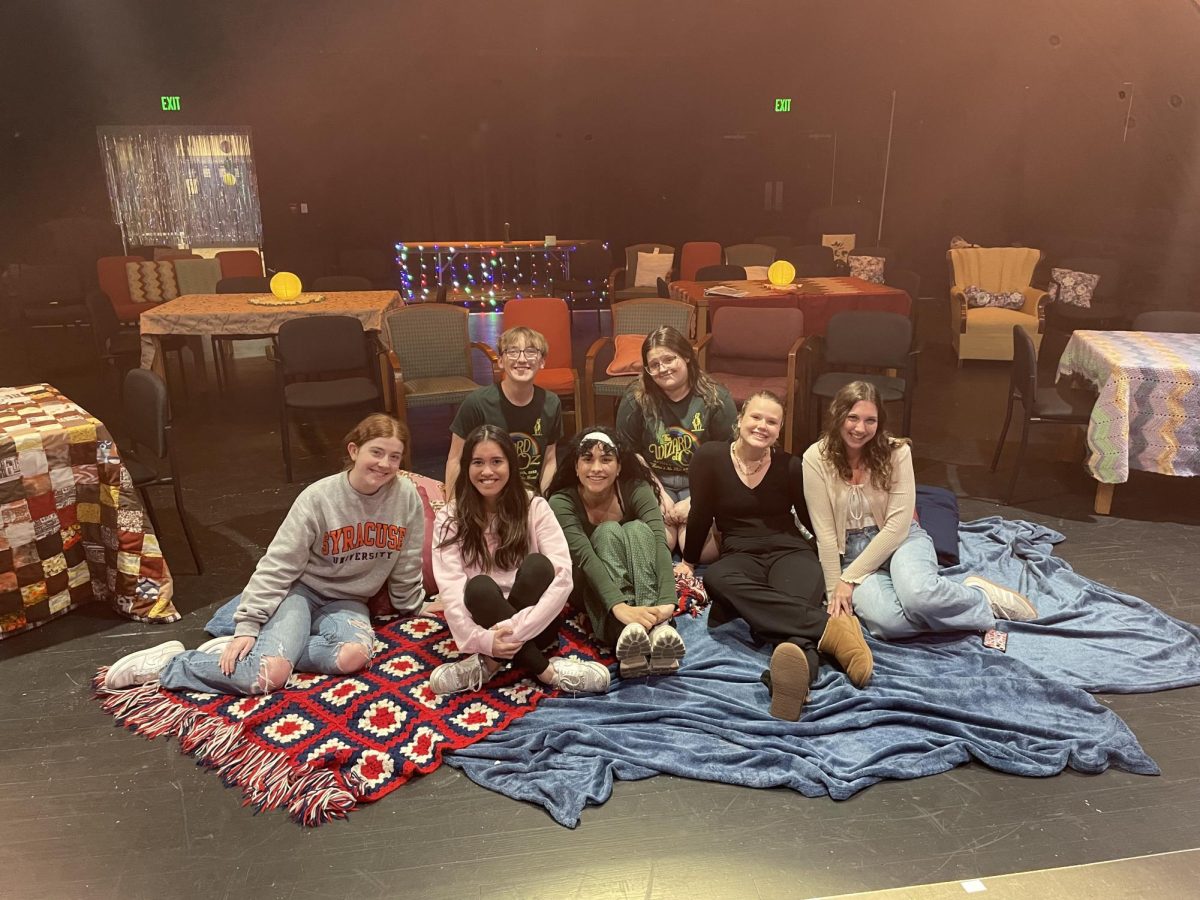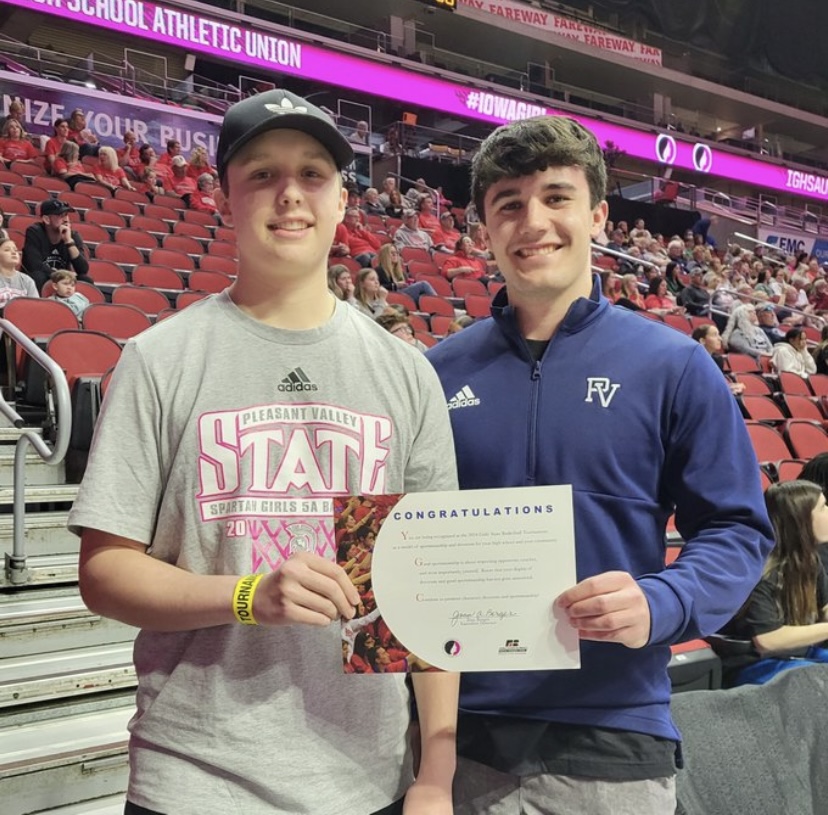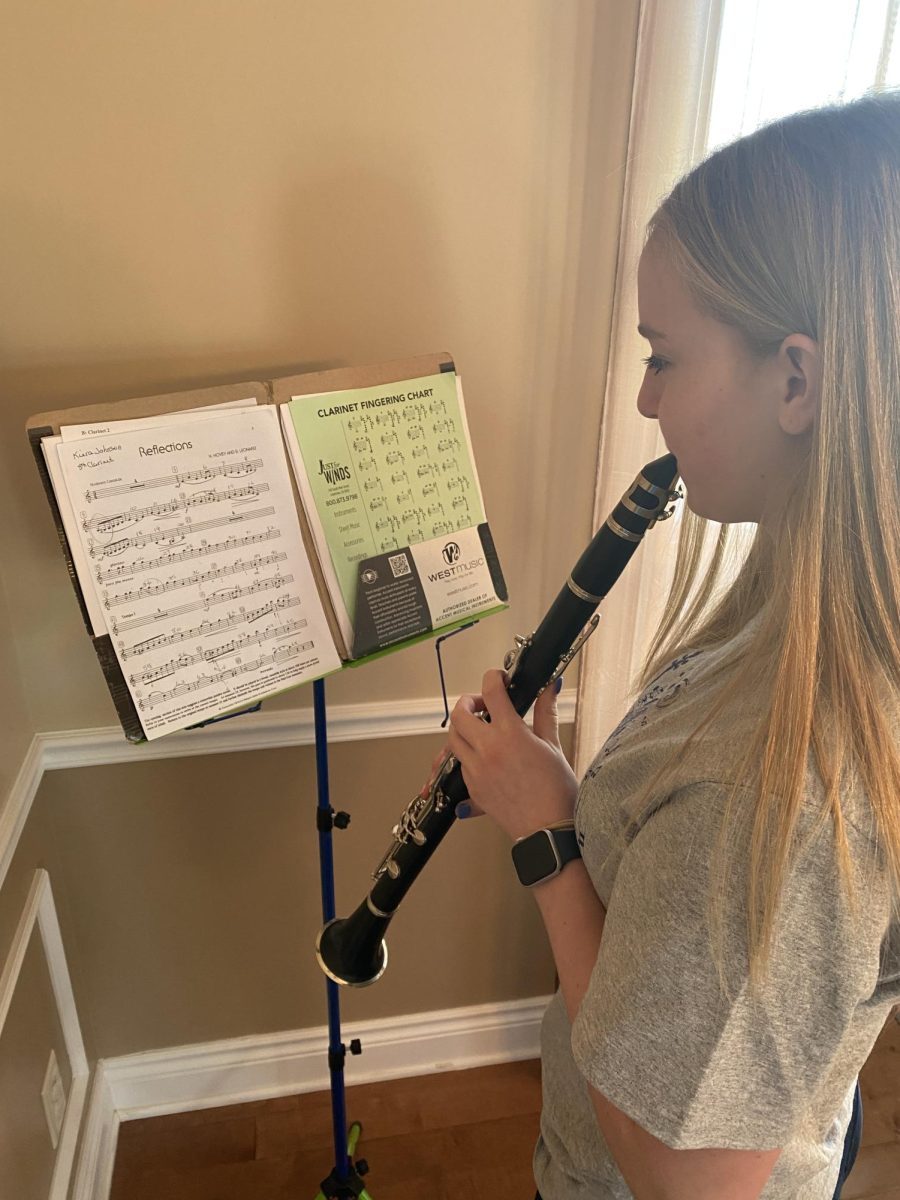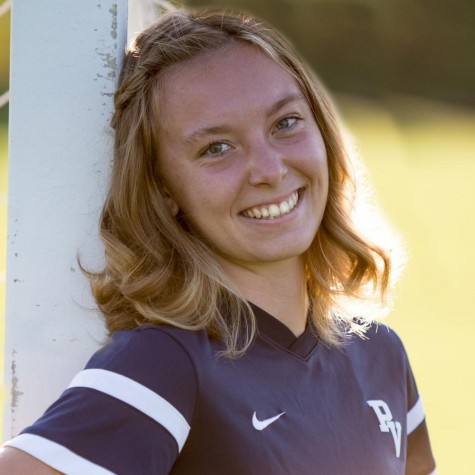For parents of children everywhere, the evening hours provide the daily struggle of convincing that rambunctious three year old that he or she really does need sleep and that his or her bedtime will not be extended under any circumstance. This scene plays out in households everywhere; however, flash forward ten years and that same child lives for those few hours of nap time, begging for a later curfew, but never for a later
bedtime. It is no secret that teenagers operate on late nights and equally late mornings – that is when that obnoxious set of alarms can finally be turned off for the two glorious days of catch-up at the end of the week.
While a later bedtime is natural for teens, so is a later morning. The concept of a night owl is one that high schoolers and college students are all familiar with, as many students adopt this sleep cycle to combat all of the homework and activities that being a student provides. Senior Naina Ninan is all too familiar with the changes that high school brings to one’s sleep schedule.
“I’ve been taking courses on the honors/AP track my entire high school career and it has really changed my sleep schedule. Rather than getting a full eight hours of sleep every night, I have to deal with with four hours instead. And whenever I pull all nighters, I never end up doing well on the tests the next day,” Ninan said. “So I know firsthand that sleep affects how well you do in school and heavy work loads really make it difficult for me to excel at school.”
Much to many student’s disappointment, the “night owl” sleeping pattern continues to extend into adulthood as one continues to acquire new responsibilities. Society in its entirety operates on a “morning lark” schedule, but often requires a night owl’s hours to maintain a high level of success.
The constant hustle and bustle is relentless and often, so is one’s burning desire for even one night of some quality shut eye. Associate professor of neurology at Northwestern University Feinberg School of Medicine and co-author of a new study regarding this issue of the night owl, Kristen Knutson, recognized the discrepancy between this common sleep cycle and the demands of society saying, “Night owls trying to live in a ‘morning lark’ world may have health consequences for their bodies.”
Adding to the increasing number of studies concentrated on the health effects of a night owl’s sleeping habits and the health risks that arise from this pattern, co-authors Knuston and Malcom von Schantz, a professor of chronobiology at the University of Surrey in the U.K., found that people who identified as night owls were 10 percent more likely to die over a six and a half year period than their “morning lark” counterparts. Their study played out over a six and a half year period and involved 433,000 people ranging in age from 38 to 73. Taking place in the United Kingdom, the study found undeniable health risks for night owls that are not seen in the morning types, even though the two groups did not display a noticeable discrepancy in the total amount of sleep each type got each night.
In general, “evening people” tend to have unhealthy eating habits and show heavier use of alcohol and illegal drugs. The health risks previously observed in this group are extensive: diabetes, psychological disorders, gastrointestinal disorders, neurological disorders, and respiratory disorders. Despite the acknowledgement of the tendency for these risks to appear, night owls still died at a higher rate throughout the study.
“This is a public health issue that can no longer be ignored,” Schantz said. “We should discuss allowing evening types to start and finish work later, where practical.”
These risks could stem from the misalignment between a night owl’s sleeping patterns and their circadian rhythm – the so-called biological clock that determines when it is time to go to bed and wake up each day. Work, school and other social pressures only further this misalignment, often making sleep an elusive pleasure. It is thought that this leads to impairments in metabolism and mood.
There is light at the end of the tunnel, however, because researchers are looking at whether or not night owls’ circadian rhythms can be altered and if one can adjust to become the envied morning lark. There is still the question of whether or not this lifestyle change would decrease these health risks. Researchers suggest that if one is looking for ways to become more of a morning person, he or she should expose him or herself to light early in the morning and seek to avoid light at night.
As students everywhere continue to drown in the late hours of the night, it is important that the attitude surrounding sleep changes. Sleep is an essential component contributing to one’s overall health and ability to perform at the high level demanded in society each day. The fast pace that society has adopted has placed conspicuous strain on one’s health, particularly when it comes to the commonplace of sleep deprived individuals at such young ages.
The halls of Pleasant Valley are overflowing with tired kids, many of whom who have adopted the night owl sleeping pattern. Considering the results of this study, and the increasing pile of results just like it, the night owl lifestyle is causing some serious health concerns as researchers grapple with the demands of society and the body’s pleads for sleep.








